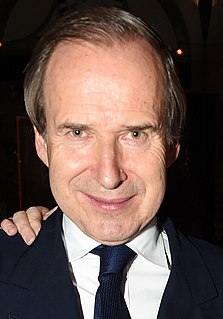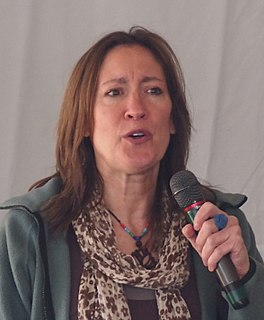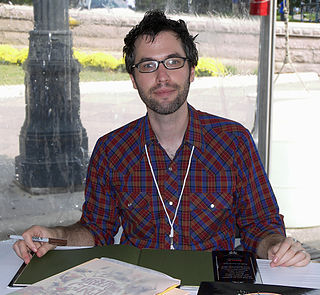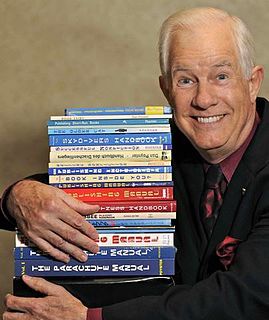A Quote by Oliver Harris
It started out as a typically insane idea to map every part of the published text in terms of its manuscript provenance and history, and to establish the cultural meaning of the book, part and whole.
Related Quotes
Which is the healthier kind of literary diversity: an un-gate-kept self-published book world, run substantially through Amazon? Or our current book world, which is part-gate-kept, part-not, with many different publishers and retailers and platforms? I'm not smart enough to figure it out, but if I had to guess I'd guess the latter.
You need a good editor because every writer thinks he can write a War and Peace, but by the time he gets it on paper, it's not War and Peace anymore; it's comic-book stuff. Your manuscript is both good and original. But the part that is good is not original, and the part that is original is not good.

































